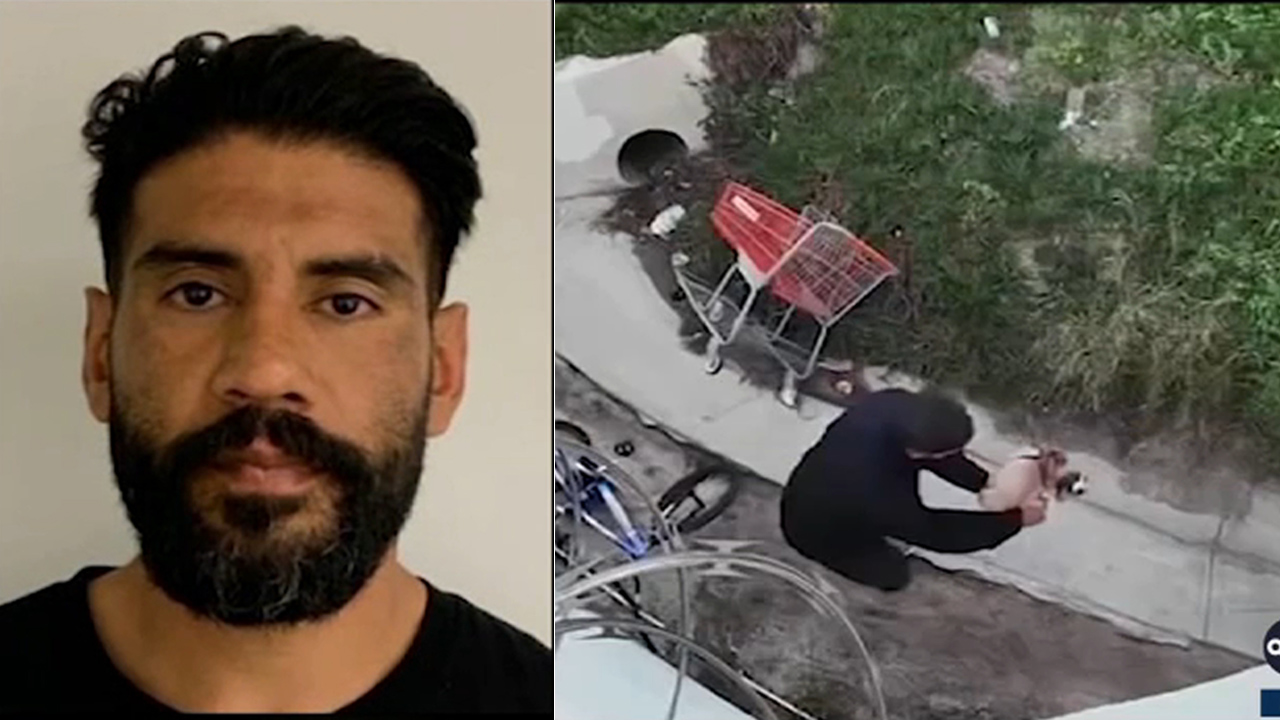Video game technology used to treat PTSD, phobias

LOS ANGELES (KABC) -- Video game technology has become so realistic that local scientists are using it to treat veterans with post-traumatic stress disorder and in the fight against phobias.
Doctors and researchers are using virtual reality technology to create simulated events to help patients facing real life issues every day.
"We can put people back in these simulations and help them to confront and process very difficult emotional memories," Dr. Skip Rizzo at the University of Southern California said. "The range of areas include psychological treatments, cognitive assessment and rehabilitation, physical therapy is a big area."
Rizzo works with the USC Institute for Creative Technologies, which taps virtual reality technology to treat veterans with post-traumatic stress disorder by creating troubling memories that can be worked through.
Virtual reality is also being used to help people suffering from phobias such as Michael Rosenzweig, who was so anxious about flying he'd get off the airplane before takeoff.
After several sessions with a virtual reality headset, combined with therapy and reading material about the safety of air travel, Rosenzweig said he was cured.
"I was amazed. I was gratified. I attributed that to the virtual reality therapy," Rosenzweig said. "I'm a million miler. I fly all the time."
The world of virtual reality allows medical professionals to treat a slew of disorders.
"Fear of driving, fear of heights, fear of needles and blood draws," explained Dr. Elizabeth McMahon, a clinical psychologist. "We can individualize this to be most effective for exactly what you need to get over your fear."
Even if patients know it's just a simulation, Rizzo said the human brain reacts as if it's the real world.
While Rizzo points out virtual reality is breaking ground in the medical world, he said the technology alone isn't enough for treatment.
"You're never going to divorce the clinician from the treatment. This is just a tool to extend the skills of a well-trained clinician," Rizzo said.
Rizzo credits the gaming industry for driving the development of the technology, and said now that it's more readily available, he expects the use of virtual reality technology in medicine to take off.









